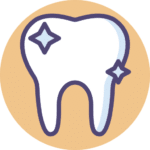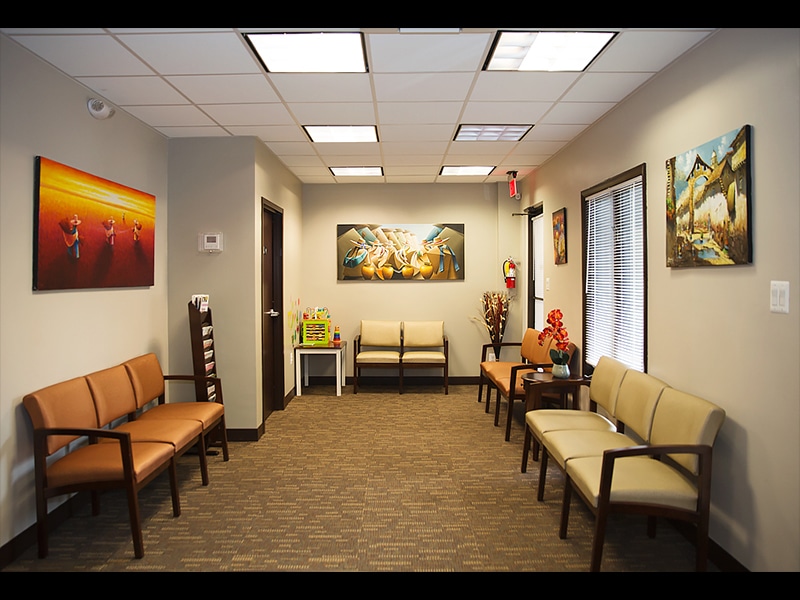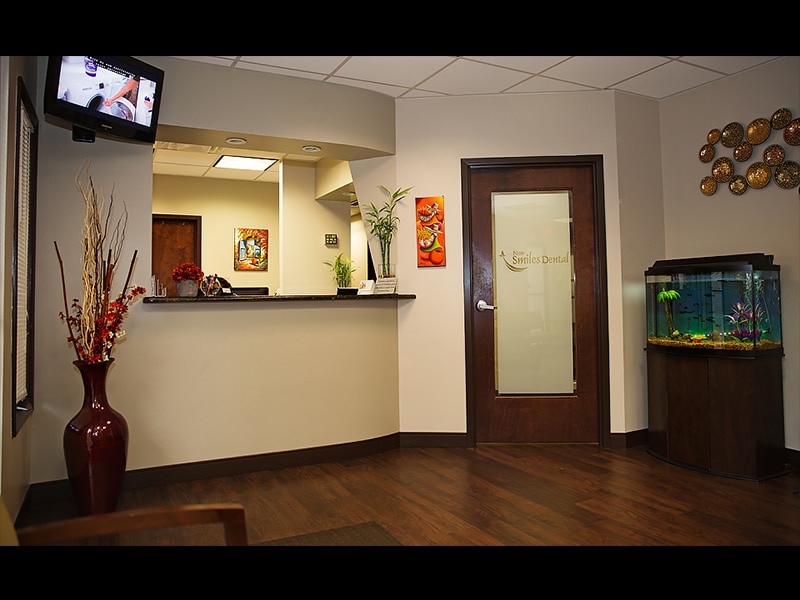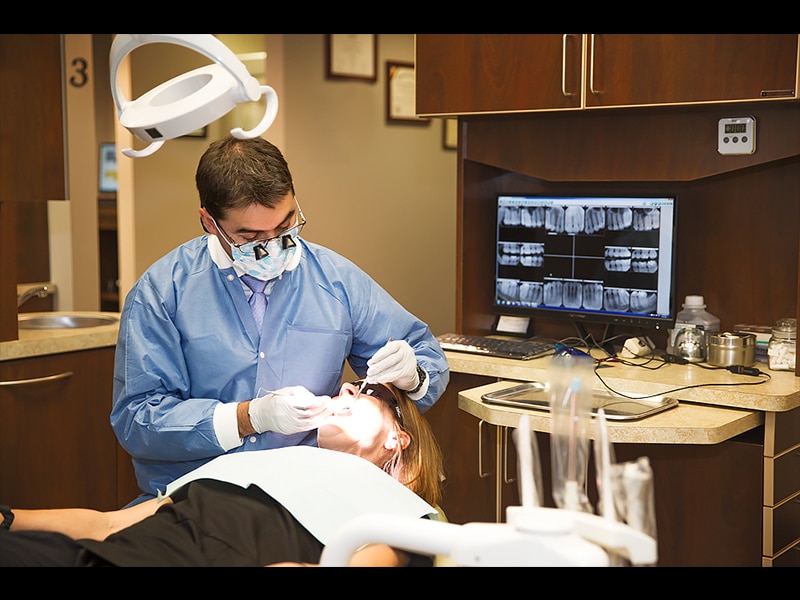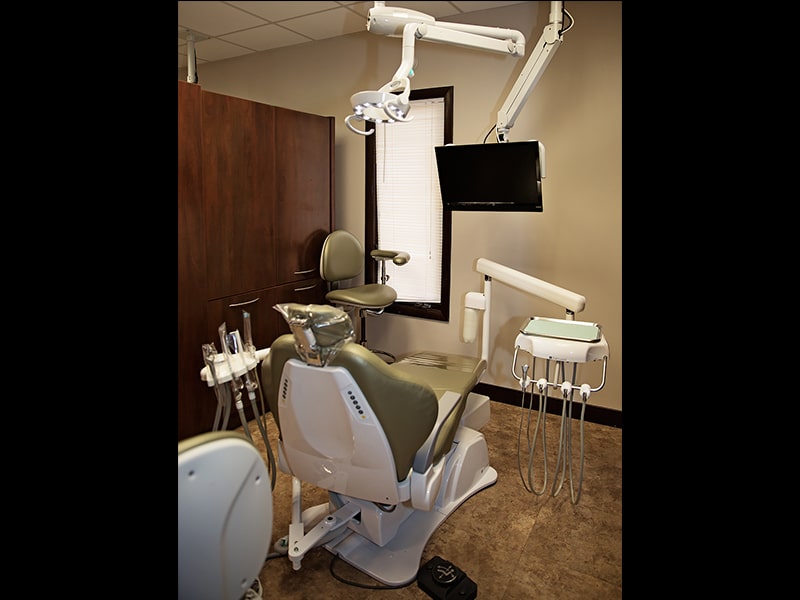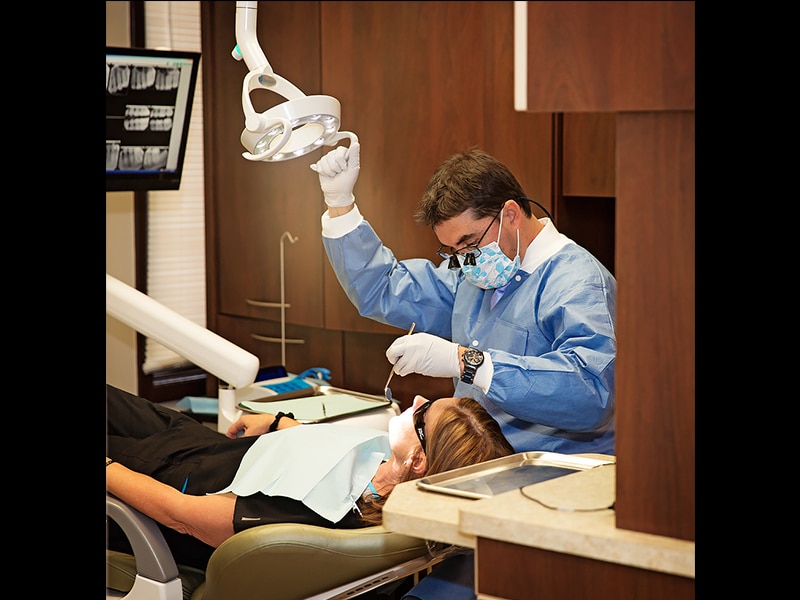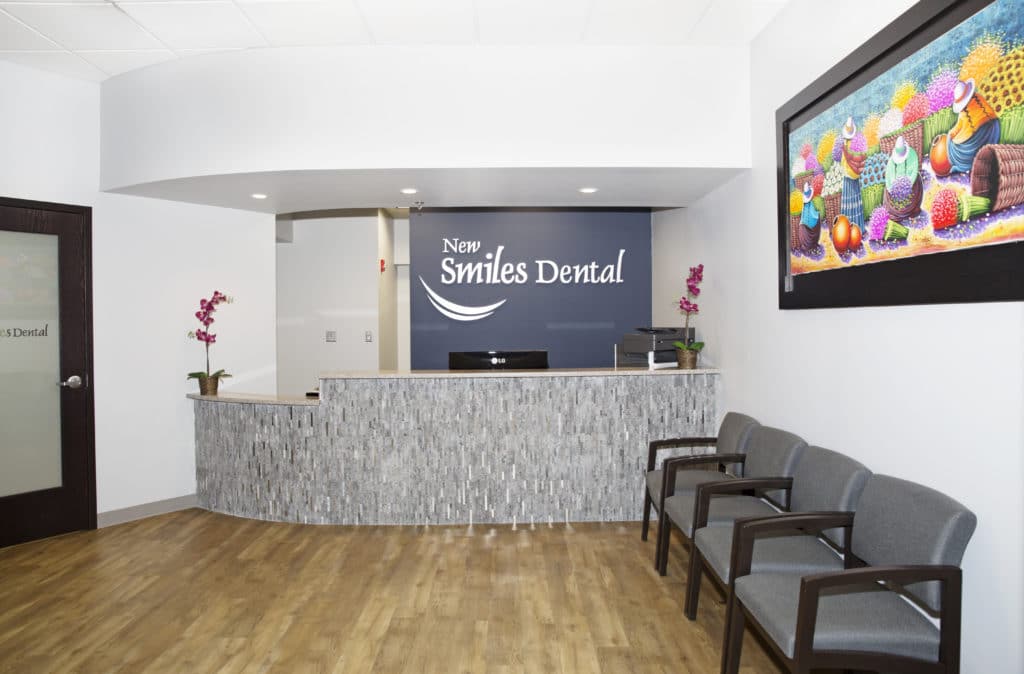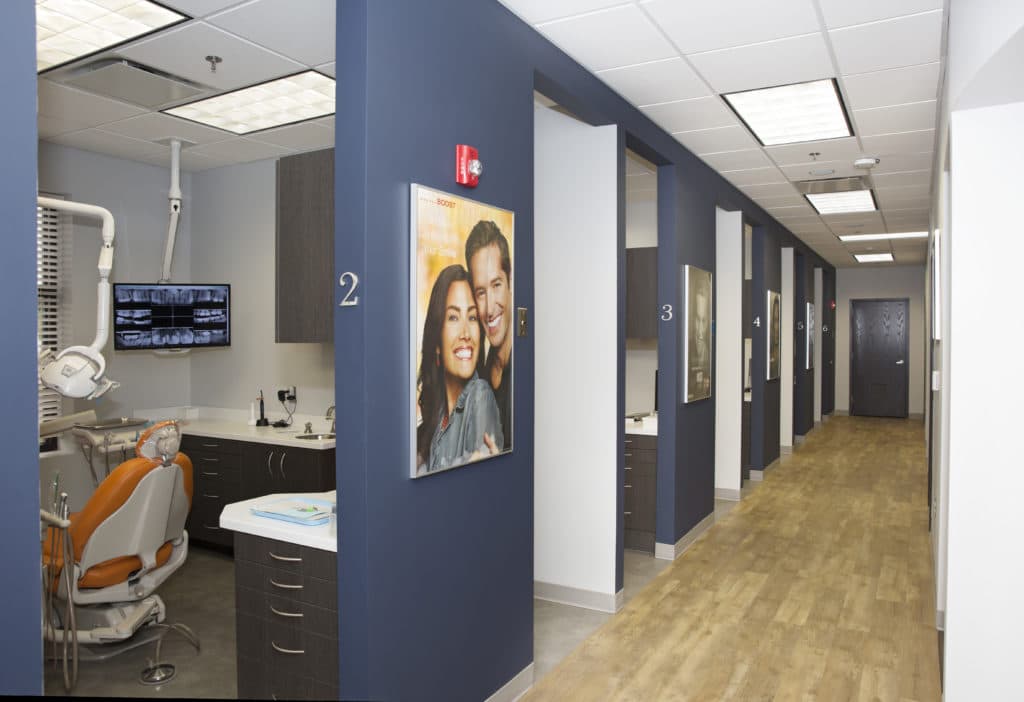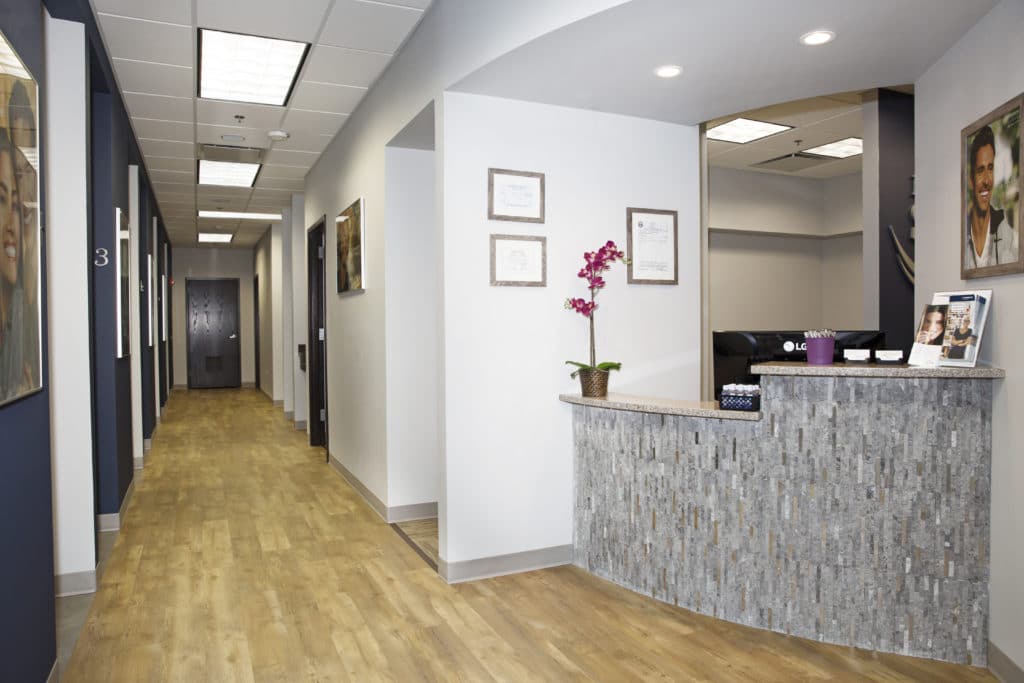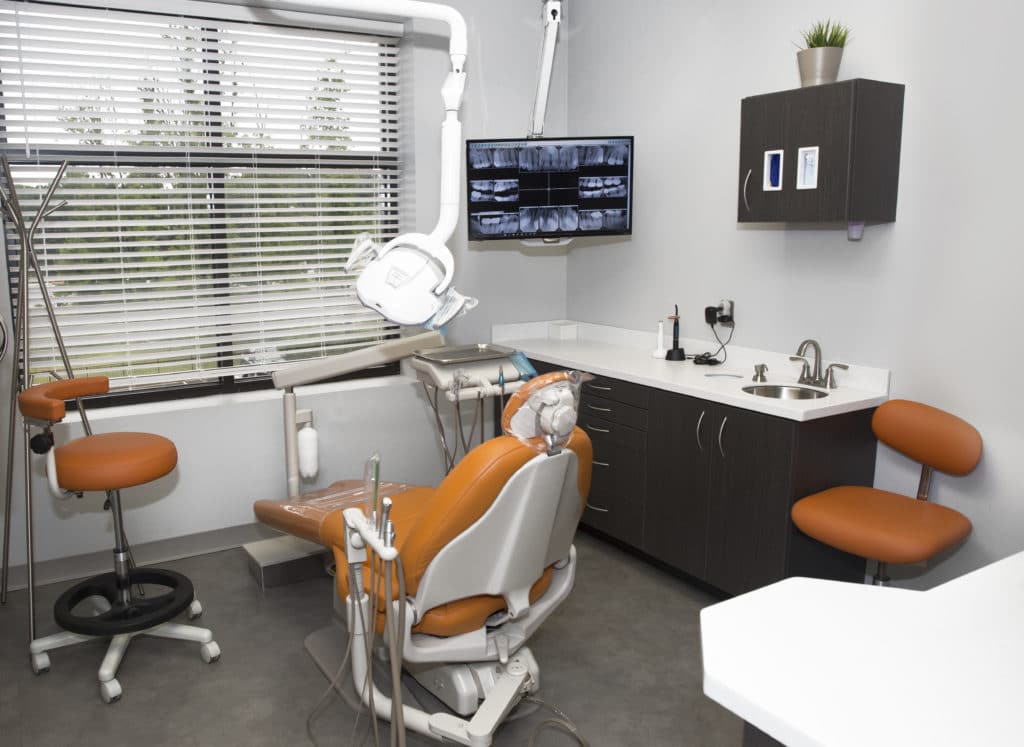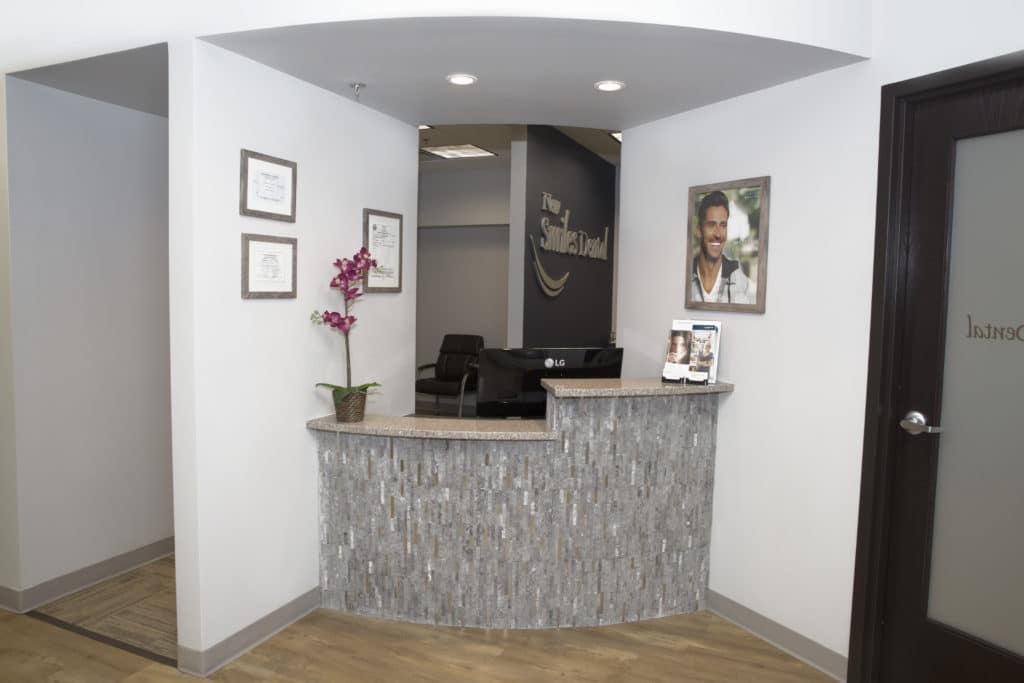Maintaining a healthy smile goes beyond brushing and flossing at home. Professional cleanings play a crucial role in preventing oral health problems before they start. If you’re like many people, you may wonder what happens during a dental cleaning and why it’s necessary even if your teeth feel fine. A cleaning appointment isn’t just about polishing your teeth. It’s a thorough process designed to protect your gums, remove harmful buildup, and catch signs of dental issues early.
For those living in Northern Virginia, scheduling a dental cleaning in Stafford, VA means more than just checking off a to-do list. It’s an important part of keeping your mouth healthy and preventing costly treatments down the road. Cleanings are quick, comfortable, and highly effective when done regularly. If it’s been a while since your last appointment, here’s what to expect and why it’s a step you shouldn’t skip.
1. Initial Oral Examination
Before anything begins, your dental hygienist performs a thorough inspection of your mouth. Using a small mirror and specialized tools, they check for signs of gum inflammation, plaque buildup, and other visible concerns. If anything unusual is spotted—such as bleeding, swelling, or cavities—it’s noted for the dentist to evaluate later. This step helps ensure that the cleaning process addresses any problem areas carefully and thoroughly.
2. Removing Plaque and Tartar
Even the most diligent at-home brushing and flossing can’t remove all the plaque from your teeth. Over time, plaque hardens into tartar, which can only be removed with professional tools. Using a scaler, the hygienist gently scrapes away plaque and tartar around the gumline and between teeth. This step is crucial because built-up tartar can lead to gum disease and tooth decay if left untreated.
3. Deep Cleaning with Gritty Toothpaste
Once the plaque and tartar are cleared, the hygienist uses a high-powered electric brush and a gritty toothpaste to clean each tooth. This step polishes the teeth and removes any remaining debris. The slightly abrasive toothpaste is safe for occasional use during your cleaning visits and leaves your teeth feeling smooth and fresh.
4. Professional Flossing
Flossing during a cleaning appointment isn’t just a repeat of what you do at home. Dental hygienists are trained to reach areas you might miss and can identify spots where gums bleed or trap food. Professional flossing helps remove leftover plaque between teeth and gives the hygienist a better sense of your flossing habits.
5. Rinsing and Fluoride Treatment
After all the debris is removed, you’ll rinse to wash away loosened particles. Your hygienist may then apply a fluoride treatment, especially if you’re at higher risk for cavities. Fluoride is brushed or painted onto your teeth and helps strengthen enamel, making it more resistant to decay. The treatment only takes a few minutes but offers months of protection.
6. Final Dentist Exam
Once the cleaning is complete, the dentist will step in for a final evaluation. They review the hygienist’s findings, examine your teeth and gums, and discuss any issues they’ve noticed. If a cavity, signs of gum disease, or other concerns are detected, the dentist will recommend a treatment plan or the next steps. This check ensures that problems are addressed early before they become more serious.
Keeping up with regular dental cleanings is one of the easiest ways to protect your oral health. They help prevent gum disease, tooth decay, and even bad breath. Most people should get a professional cleaning every six months, though some may need them more frequently based on their oral health history. Skipping cleanings can allow plaque and tartar to build up, leading to more serious problems that are harder and more expensive to fix.
If it’s been more than six months since your last visit, now is the perfect time to schedule a dental cleaning in Stafford, VA. At New Smiles Dental, our experienced team provides gentle, thorough cleanings that keep your smile healthy and bright. Call today to book your appointment and take the first step toward better oral health.
